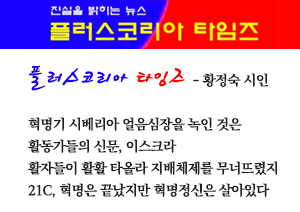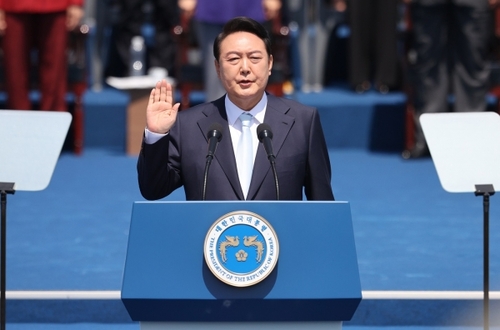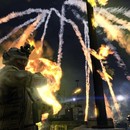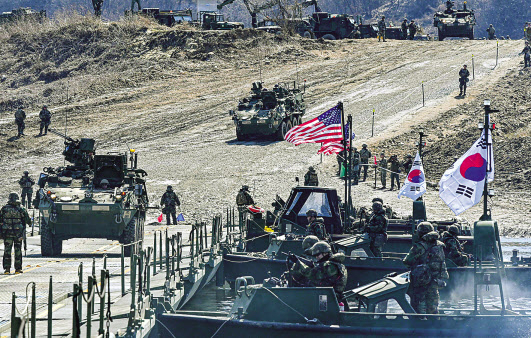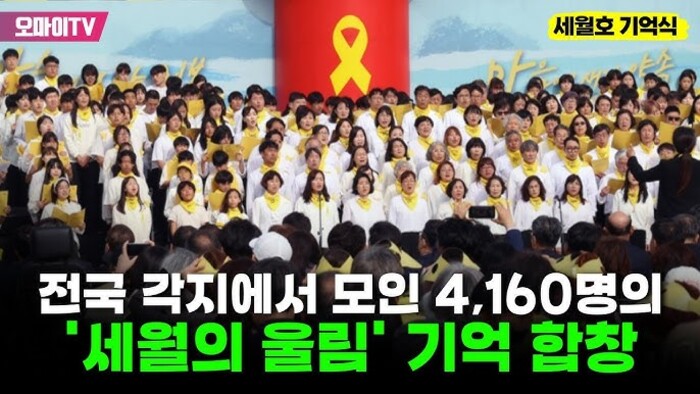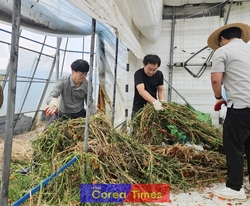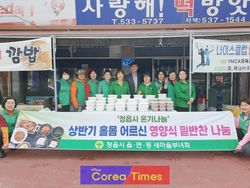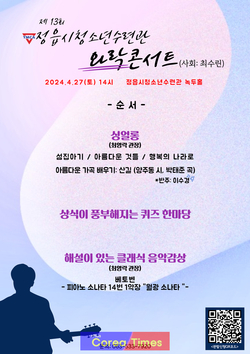이퀄타임스, 파업권, 인권은 타협의 대상이 아니다 !
한국 철도노동자 파업 국제노동기구 협약에 명시된 합당한 권리 행사
이퀄타임스, 파업권, 인권은 타협의 대상이 아니다 !한국 철도노동자 파업 국제노동기구 협약에 명시된 합당한 권리 행사[플러스코리아타임즈 임영원 가지] 박근혜 정권은 노동자들에게는 재앙이나 다름 없는 일이었다. 정권 출범 이전부터 노동자들이 잇달아 자살했고, 정권 출범 이후 친재벌 정책을 펴면서 노동자는 사각지대로 토끼몰이 당하는 상황이다. 지난 해 말 철도 노동자들의 파업도 민영화 저지를 위한 투쟁이었음에도 정부는 불법 파업으로 규정하는 한편 경찰은 노조 지도부에 대한 대대적인 검거작전에 나섰다.
이에 대해 벨기에 수도 브뤼셀에 기반을 두고 영어, 프랑스어, 스페인어 3개국어로 보도하고 있는 독립 매체 이퀄타임스가 국제운수노동자연맹의 법률 자문 위원인 Ruwan Subasinghe의 기고문을 게재했다. 이퀄타임스는 한국 철도노동자들의 파업이 국제노동기구(ILO) 협약에도 분명이 명시된 합당한 권리 행사임에도 사측이 파업 주동자에 대해 민형사상 가혹한 징벌을 가하고 있음을 꼬집는다. 이 매체는 이 같은 일이 비단 한국에만 국한된 것이 아니라 태국, 터키 등 다른 나라에서도 횡행하고 있음을 드러낸다. 그러면서 파업할 수 있는 권리, 인권에 대한 권리는 양도불가하다고 끝을 맺는다. 다음은 뉴스프로가 번역한 Ruwan Subasinghe 씨의 이퀄타임스 기고문 전문이다. 번역 감수: elisabeth 기사 바로가기 ☞ http://bit.ly/1zn3D7l OPINIONS, 21 October 2014 THERE CAN BE NO COMPROMISE ON THE RIGHT TO STRIKE 파업권에 타협이란 있을 수 없다 by Ruwan Subasinghe  “It is good to finally shake your hand; the last time I saw you, I was in prison”. “It is good to finally shake your hand; the last time I saw you, I was in prison”.“드디어 악수를 하게 되어 기쁘네요; 지난 번 만났을 때는 제가 감옥에 있었죠.”  Members of the Korean Railway Workers’ Union are facing a maximum of five years in prison Members of the Korean Railway Workers’ Union are facing a maximum of five years in prisonand millions of US dollars in damages for “obstructing business” by going on strike. 한국 철도노조 회원들은 파업 강행에 의한 “업무 방해” 피해 혐의로 최고 5년의 징역형과 수백만 달러를 배상할 처지에 놓여있다. These were the poignant words Myoung-hwan Kim, President of the Korean Railway Workers’ Union (KRWU), greeted me with when we met at the International Transport Workers’ Federation’s (ITF) 43rd Congress in Sofia earlier this year. 얼마 전 소피아에서 열린 제 43차 국제운수노동자연맹(ITF) 총회에서 우리가 만났을 때, 김명환 한국철도노조(KRWU) 위원장이 나를 반기며 건넨 가슴 아픈 말이었다. Indeed, the last time we spoke, we had to do it through a prison intercom system as Kim, along with other leaders of the KRWU, was being detained for organising a strike in opposition to rail privatisation. Despite complying with all ‘essential services’ requirements under Korean law, the authorities declared the action illegal even before it began. 실제로 지난번 우리가 얘기했을 때는 김 위원장이 다른 철도노조 간부들과 함께 철도민영화 저지를 위해 파업을 주도했다는 이유로 구류된 상태라 구치소 내부통화장치를 통해 대화를 나눠야 했다. 한국 법에 의거해 ‘필수 업무’에 적용된 모든 조건을 준수했음에도 불구하고, 사법당국은 파업을 시작하기도 전에 이 행위가 불법이라고 선언했다 Kim and his colleagues are now facing so-called ‘obstruction of business’ charges which carry a maximum sentence of five years in prison or a fine not exceeding 15 million won (US$ 14,000). 김 위원장과 그의 동료들은 이제 최대 5년 징역형 또는 1,500만원(14,000달러)이하의 벌금형을 수반하는 소위 “업무 방해” 혐의로 기소될 상황에 처해 있다. Furthermore, the state rail operator is pursuing a damages suit against the union and its leaders for 16.2 billion won (US$16 million) together with separate proceedings for alleged “damage to brand value” amounting to 1 billion won (US$990,000). These legal actions are just the tip of the iceberg. 더 나아가, 국영 철도 운영사는 10억원( 99만 달러)에 달하는 “브랜드 가치 손상” 혐의에 대한 별도의 소송과 더불어, 노조와 노조 간부들에게 162억원(1,600만 달러)의 손해배상청구 소송을 추진하고 있다. 이러한 법적 조치들은 빙산의 일각에 불과하다. Hundreds of strikers have been dismissed or relocated and the union’s assets have been seized by the authorities. 수백 명의 파업 노동자들이 해고되거나 전출됐고 노조의 자산들이 당국에 의해 압류됐다. All this simply because the KRWU sought to defend its members from an ill-conceived privatisation drive that would have heavily diluted terms and conditions of employment. 이 모든 것은 단지 철도노조가 고용 조건과 처우를 심하게 약화시킬 수 있는 명분 없는 민영화 추진으로부터 노조원들을 보호하려 했기 때문이다. What this example illustrates is that despite being a fundamental human right enshrined in international law, the right to strike is certainly not guaranteed for all workers. 이 사례에서 알 수 있듯이, 국제법에 명시된 기본 인권임에도 불구하고, 파업의 권리가 모든 노동자들에게 분명히 보장되지는 않는다. In fact, transport workers are one of the groups increasingly being excluded from the right to strike by way of outright bans or public service, essential services or minimum services requirements that severely limit that right. 사실, 운수 노동자들은 파업 전면 금지의 방식이나 파업을 엄하게 제한하는 공공 업무, 필수 업무, 또는 최소 업무 유지조건 등에 의해 파업할 권리로부터 점점 배제되고 있는 그룹 중 하나이다. The ITF has been called on time and time again to provide solidarity support and legal assistance to affiliates who have had their right to strike curtailed. 국제운수노련은 파업권을 빼앗긴 가맹단체들에 연대 지지와 법적 도움을 제공하도록 계속해서 요구받아왔다. Following a fatal train accident in 2009, the State Railway Workers’ Union of Thailand (SRUT) launched an occupational health and safety initiative and called on its members to abstain from driving trains with faulty equipment. 2009년 치명적인 철도 사고 이후, 태국국영철도노조(SRUT)는 직무관련 건강 및 안전 계획을 발효해 노조원들에게 설비가 부실한 열차 운행을 삼가도록 요구했다. Without even attempting to address the grave issues at hand, the authorities cracked down on the initiative by conveniently labelling it a ‘strike’, a right denied to all public sector workers in Thailand. 정부는 직면한 중요한 문제들을 해결하려는 시도조차 하지 않은 채, 이 계획을 태국의 모든 공공부문 노동자들에게 금지된 권리인 ‘파업’이라고 편리하게 딱지를 붙임으로써 이를 탄압했다. Thirteen SRUT leaders were subsequently dismissed and had damages suits filed against them for 15 million baht (US$ 462,000). 이후 13명의 태국철도노조 간부들이 해고됐고, 그들에 대해 1500만 바트(46만2000달러) 손해배상소송이 제기됐다. In another recent dispute, 316 members of the Turkish Civil Aviation Union were dismissed by text message following a coordinated sick leave action taken in response to the Turkish government’s decision to add aviation services to the list of industries where industrial action was prohibited. 최근에 일어난 또 다른 분쟁에서, 터키 정부가 항공서비스를 파업이 금지된 산업 목록에 추가하려는 결정에 맞서 터키민간항공사노조가 집단적 병가로 행동에 나선 이후 노조원 316명이 문자메시지로 해고 통지를 받았다. Turkey currently has one of the worst rates in the International Trade Union Confederation’s (ITUC) Global Rights Index. 터키는 최근 국제노동조합연맹(ITUC)의 세계노동자권리지수에서 가장 낮은 등급을 받은 나라 중 하나다. Convention 87 협약 87호 It is quite clear from these examples that the critical economic role of transport is being used as a pretext to defend the free movement of passengers and goods beyond the rights of people involved in the transportation itself. 이러한 사례들은 운수의 중요한 경제적 역할이 정작 운수산업 관련 노동자들의 권리에 앞서 승객과 상품의 자유로운 이동을 보호해야 한다는 구실로 활용되고 있다는 것을 분명히 드러낸다. This trend is especially concerning as transport workers, including those employed in aviation, trucking and commercial seafaring, have some of the most dangerous jobs in the world. 이러한 경향은 항공, 트럭 운송, 상업용 선박 등에 고용된 이들을 포함한 운수 노동자들이 세계에서 가장 위험한 직업 중 일부에 종사한다는 점에서 특히 우려를 자아낸다. This is why the protection of the right to strike under Convention 87 of the International Labour Organization (ILO) and its enforcement through the ILO’s supervisory mechanisms is particularly important for transport workers. 운수 노동자들에게 국제노동기구(ILO) 협약 87호에 의거한 파업권의 보호 및 ILO의 감독 체제를 통한 권리 집행이 특히 중요한 이유가 바로 이것이다. For over 60 years the ILO’s Committee of Experts and Committee on Freedom Association have recognised a limited right to strike under Article 3 of Convention 87. 지난 60여 년 간, ILO의 전문가위원회 및 결사의 자유 위원회는 협약 87호 3조에 의거한 제한된 파업의 권리를 인정해왔다. Not only have these supervisory bodies acknowledged the right, they have developed clear principles which have subsequently been relied on by national and regional courts. 이러한 감독 기구들은 이 권리를 인정할 뿐만 아니라, 이들은 이후 많은 국가와 지역 법원이 의존해온 명백한 원칙들을 고안했다. For example, it has been unequivocally held that the right to strike may only be restricted or prohibited in the public service for those exercising authority in the name of the state or in essential services in the strict sense of the term (that is, services the interruption of which would endanger the life, personal safety or health of the whole or part of the population). 예를 들어 파업할 권리는 국가의 이름으로 권력을 집행하는 공공 업무 또는 엄격한 의미의 조건에서의 필수 업무(다시 말해, 중단될 경우 국민 전체 혹은 일부의 생명, 개인안전 또는 건강을 위험에 빠트릴 수 있는 업무)에 대해서만 제한되거나 금지될 수 있다고 명확하게 제시되어 있다. Furthermore, it has also been held that transport generally does not constitute an essential service and that minimum operational services can only be applied to non-essential services in very limited circumstances. 더욱이, 운수는 일반적으로 필수 업무에 포함되지 않으며, 최소 운영유지 업무는 매우 제한된 환경에서 비필수 업무에 적용될 수 있다고 명시되어 있다. Notwithstanding this extensive jurisprudence, the Employers’ Group at the ILO has since 2012 been doing its best to undermine the authority of the ILO’s supervisory mechanisms. Not only has it questioned the mandate and capacity of the Committee of Experts, it has challenged the very existence of a right to strike under Convention 87. 이렇게 상세한 법제에도 불구하고, ILO 내의 사용자 대표들은 2012년부터 ILO감독 체계의 권위를 약화시키는 데 최선의 노력을 해 왔다. 이 단체는 전문가위원회의 지시와 능력에 문제를 제기해왔을 뿐 아니라, 협약 87호에 의거한 파업권의 존재 자체에 대해서까지도 항의해 왔다. The Employers’ continued intransigence has left the Workers’ Group no alternative but to call on the ILO’s Governing Body to seek an advisory opinion from the International Court of Justice (ICJ) on the question of the existence of a right to strike. 사용자들의 계속된 비타협적 태도로 인해 노동자 단체는 파업권의 존재를 둘러싼 의문에 대해 국제 사법 재판소(ICJ)에 자문 의견을 구하도록 ILO이사회에 요청하는 것 외에는 대안이 없었다. Railway personnel in Korea and Thailand, Turkish flight attendants and workers all around the world depend on it. 한국과 태국의 철도 노동자들, 터키 항공사 승무원들과 전 세계의 노동자들이 이것에 의존하고 있다. There can be no compromise on the right to strike. There can be no compromise on human rights. 파업할 권리에 대한 타협은 있을 수 없다. 인권에 대한 타협은 있을 수 없다. <저작권자 ⓒ pluskorea 무단전재 및 재배포 금지>

|
연재
많이 본 기사
|



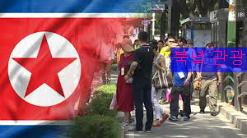

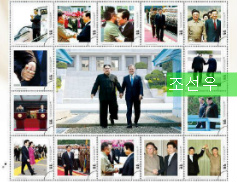


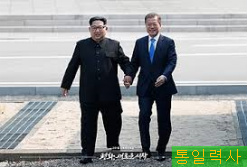







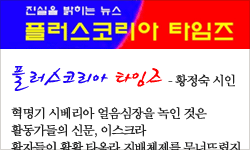


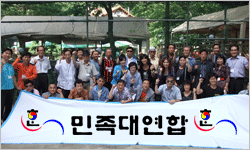





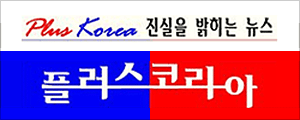










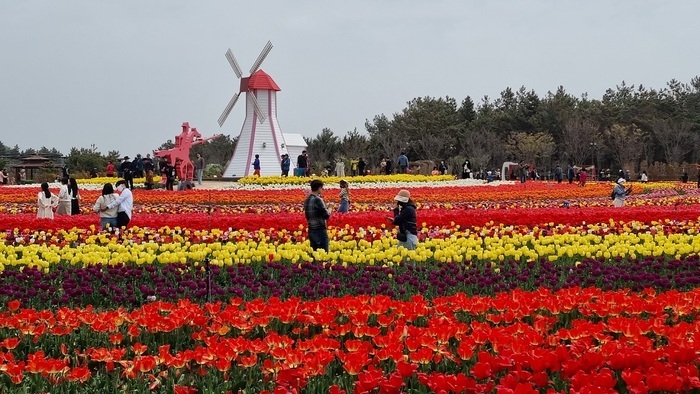




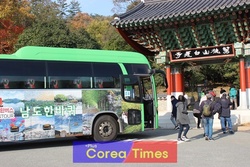
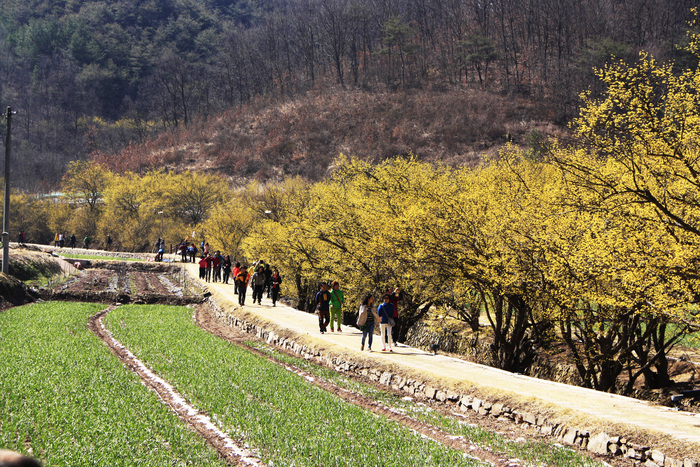
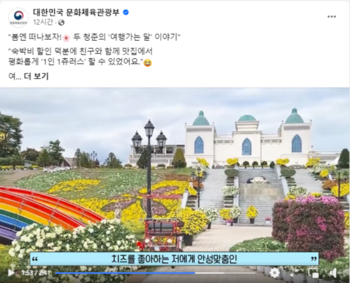

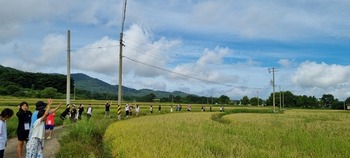
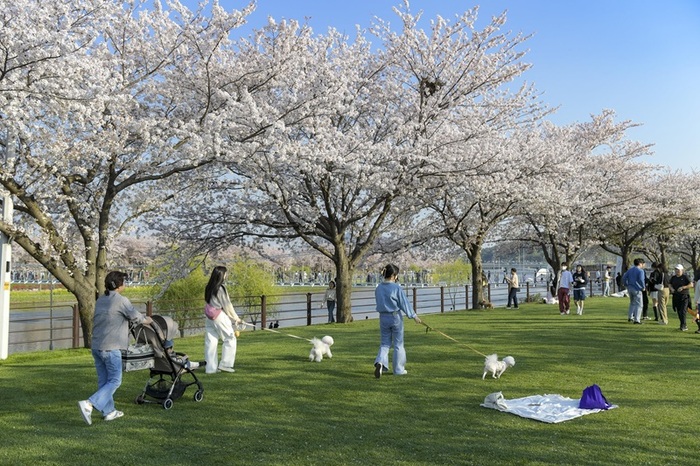
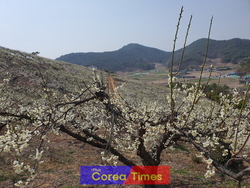

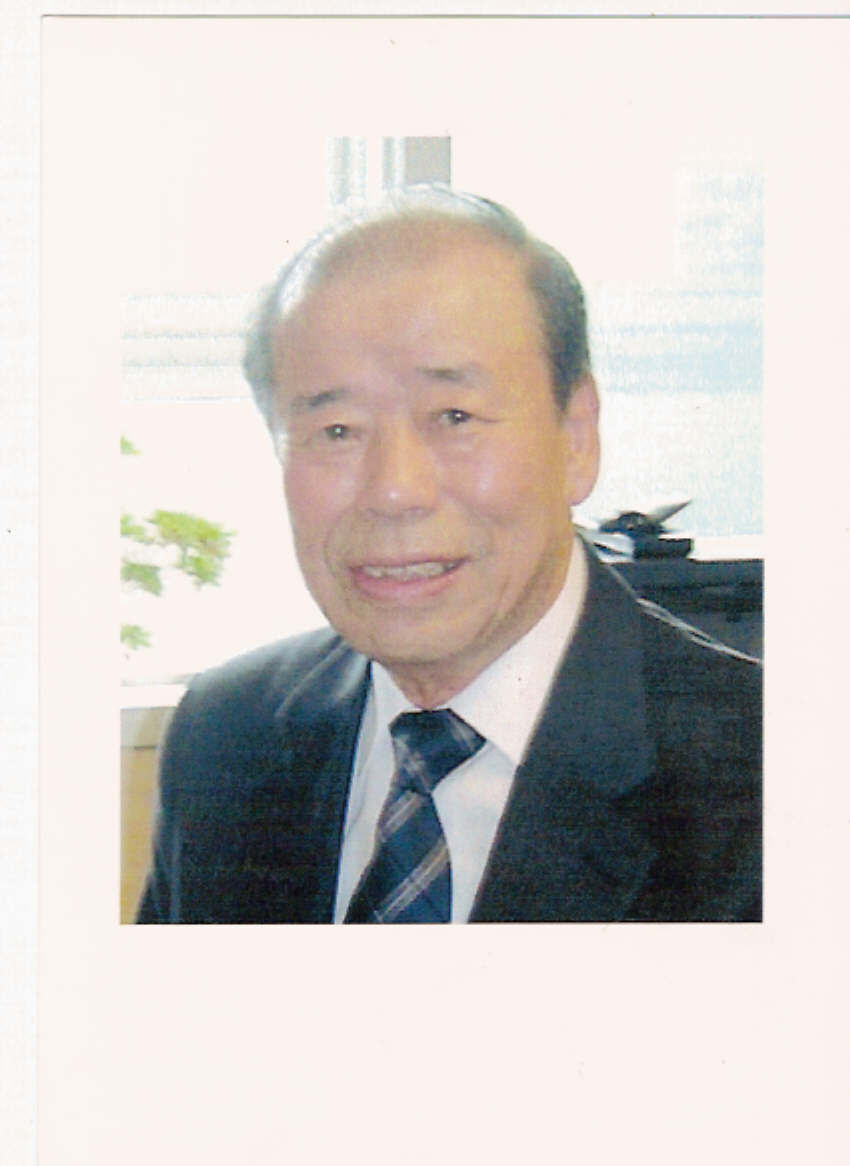
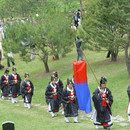


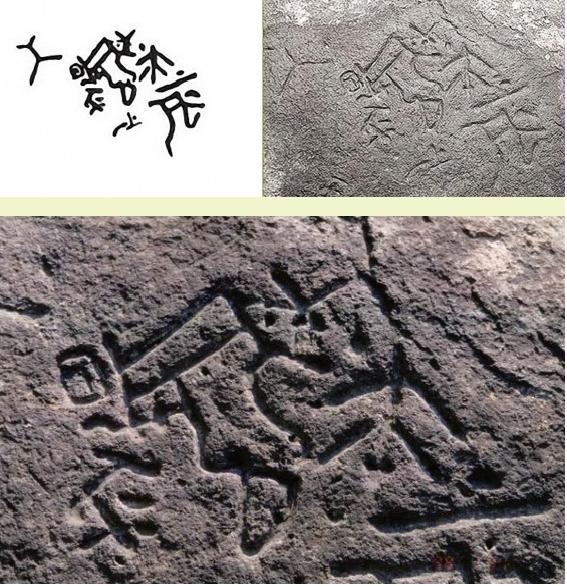
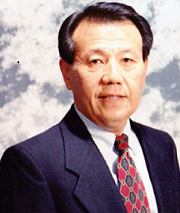

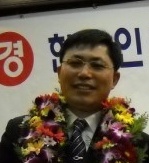



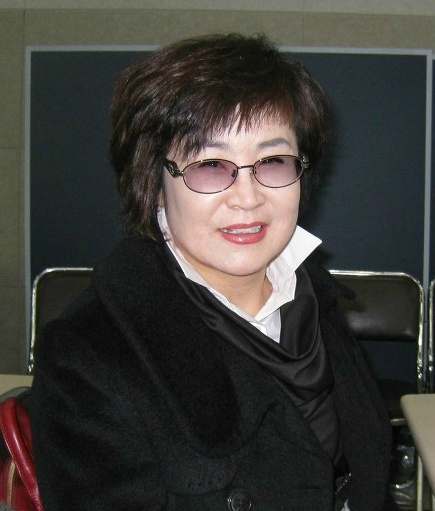


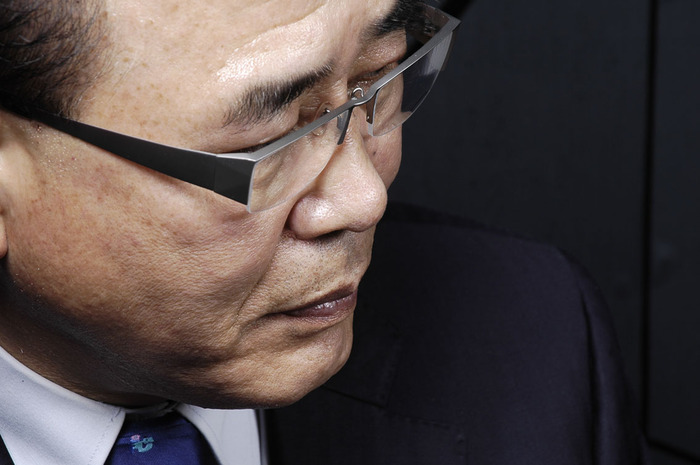






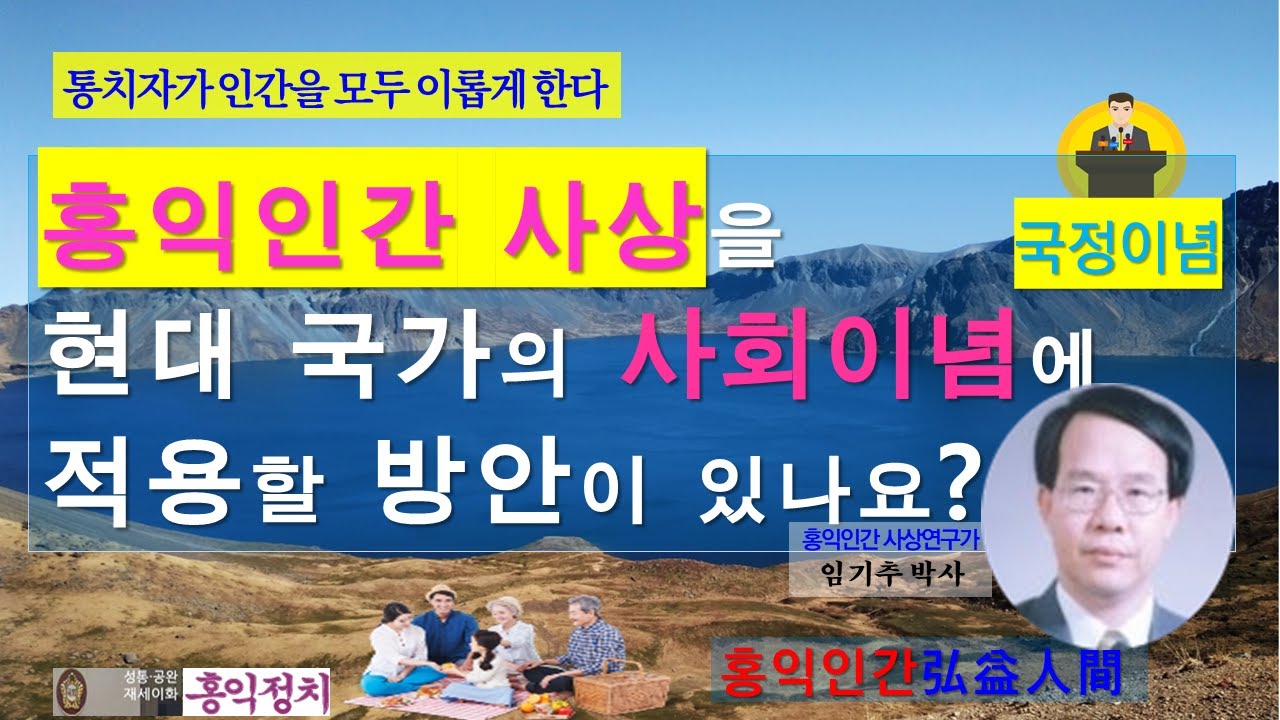

 '잊혀진 계절'누굴위해 존재하는가
'잊혀진 계절'누굴위해 존재하는가
